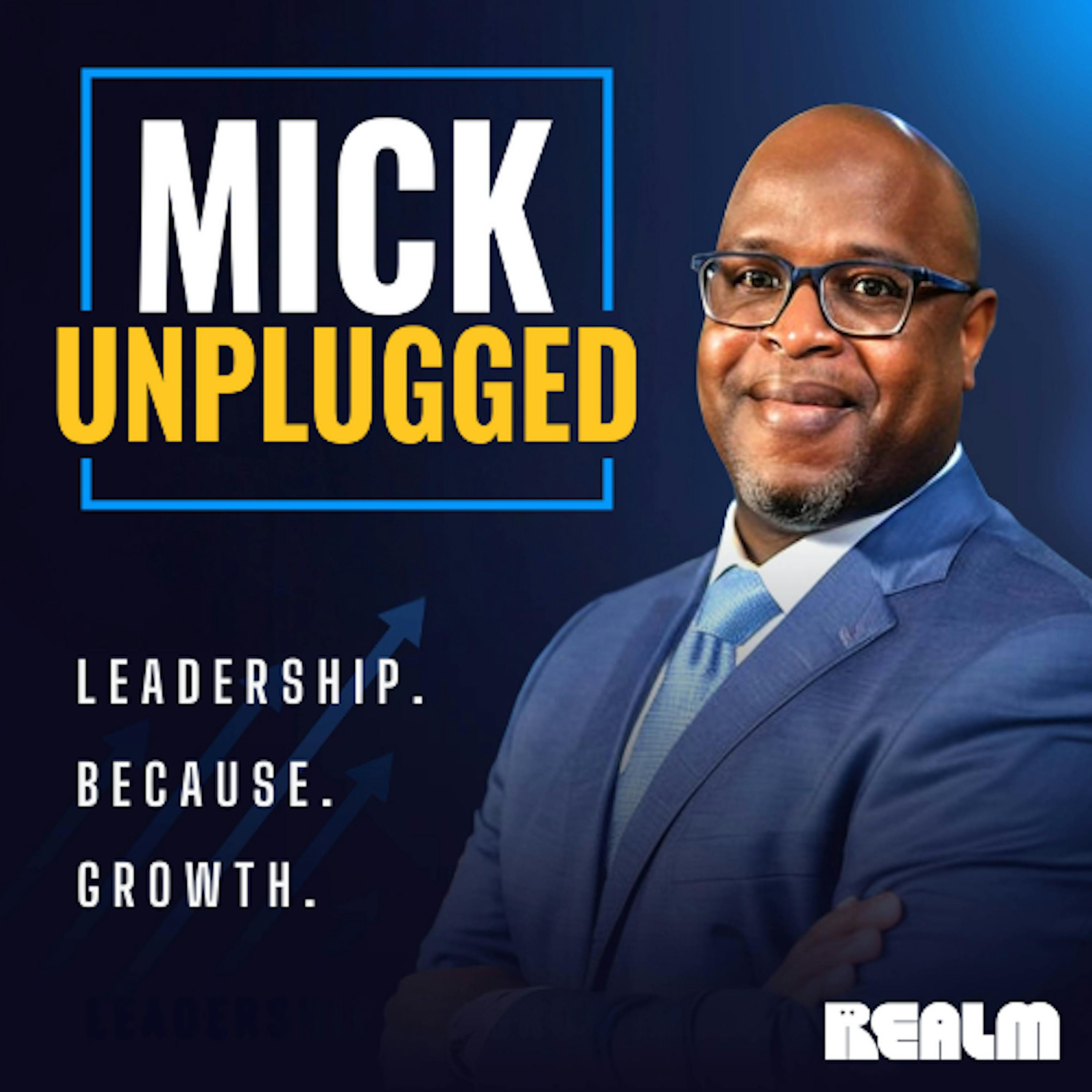Key Takeaways
- Trust is built on vulnerability and the willingness to be vulnerable in the face of uncertainty.
- A leader’s ability to build trust is crucial for employee engagement and organizational success in the modern era.
- Leaders can foster trust by demonstrating benevolence, integrity, and ability, and by actively seeking feedback on what ‘good’ looks like.
- The modern employee values transparency and a leader’s commitment to their growth over traditional benefits.
- Trust is a skill that can be learned and improved through conscious effort and open communication.
Segments
Dr. Stickle’s ‘Because’ and Personal Journey (~00:05:00)
- Key Takeaway: Dr. Stickle’s motivation stems from personal hardship and a desire to help others navigate difficult situations, driven by a sense of obligation to make the world better for his sons.
- Summary: Dr. Stickle shares the profound ‘why’ behind his work, detailing a traumatic hockey injury that led to vision loss and cognitive challenges. This experience fostered empathy and a deep understanding of struggle, motivating him to help people build trust and understand each other.
The Nature of Trust: Uncertainty and Vulnerability (~00:18:00)
- Key Takeaway: Trust is defined as the willingness to be vulnerable when outcomes are uncertain, and our tolerance for risk influences our trust levels.
- Summary: Dr. Stickle unpacks his definition of trust, explaining that it’s a function of uncertainty multiplied by vulnerability, which creates perceived risk. He notes that in today’s volatile world, high uncertainty makes it harder to be vulnerable, leading to lower overall trust.
Common Trust Destroyers and Lack of Awareness (~00:22:00)
- Key Takeaway: The biggest obstacle to building trust in organizations is a lack of awareness about how trust functions and a tendency for leaders to overestimate their trustworthiness.
- Summary: The conversation shifts to organizational trust, where Dr. Stickle identifies a widespread lack of awareness as a key problem. He explains that most people believe they are more trustworthy than average, leading to a disconnect between perceived and actual trustworthiness.
Defining Excellence and Modern Employee Expectations (~00:27:00)
- Key Takeaway: Modern employees prioritize trust, transparency, and a leader’s commitment to their growth over traditional benefits, and leaders must actively seek to understand what excellence means to their teams.
- Summary: Dr. Stickle and the host discuss how modern employees, particularly younger generations, are motivated by trust and transparency rather than just compensation or benefits. They emphasize the need for leaders to have open conversations about expectations and career development.
Building Trust in Remote Environments (~00:37:00)
- Key Takeaway: Evaluating trust in remote settings involves observing employees’ willingness to be vulnerable, such as sharing development needs or speaking up, and leaders should foster open communication about uncertainty.
- Summary: The challenges of building and evaluating trust in remote work are addressed. Dr. Stickle suggests looking for indicators of vulnerability, like employees sharing honest feedback or taking risks, as measures of trust. He also advises using specific language to discuss uncertainty and vulnerability.
Practical Steps for Leaders and the Book ‘Building Trust’ (~00:45:00)
- Key Takeaway: Leaders can build trust by focusing on benevolence, integrity, and ability, and by actively engaging in conversations to understand what success and support look like to their team members.
- Summary: Dr. Stickle outlines practical steps for leaders to build trust, focusing on demonstrating benevolence (having people’s back), integrity (actions aligning with values), and ability (competence). He highlights the importance of asking employees what success looks like for them and how the leader can support it.
Quick Five: Books, Meals, and Habits (~00:55:00)
- Key Takeaway: Key habits for trust building include having positive daily interactions and continuously seeking to understand and articulate what trust and excellence mean.
- Summary: In a rapid-fire segment, Dr. Stickle shares influential books on human behavior and trust, discusses his meal choice for a trust-building dinner, and emphasizes the daily habit of having a positive impact on others as crucial for self-maintenance and trust.
